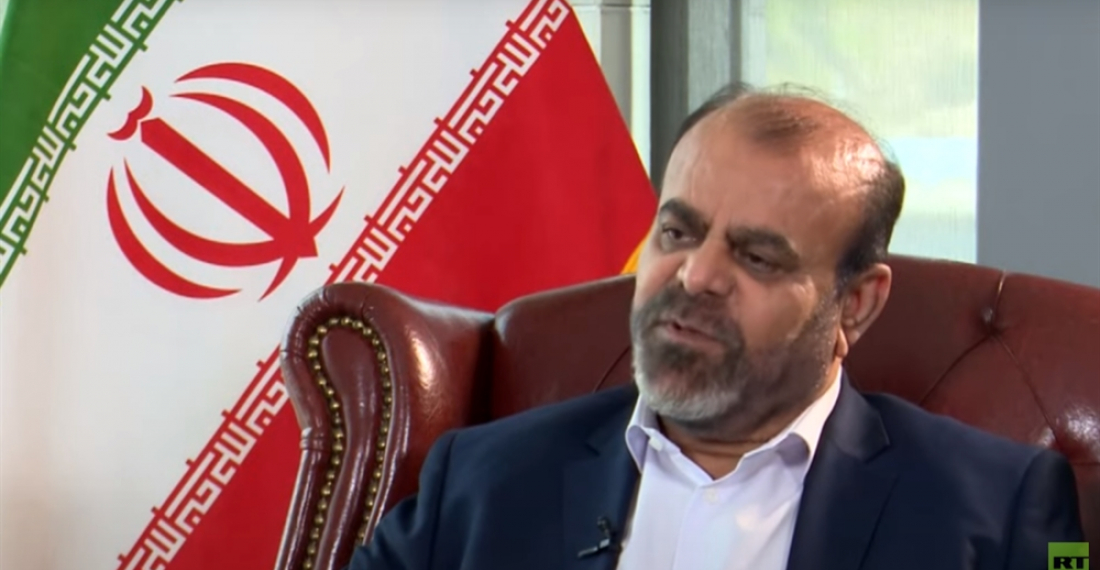Iran has explicitly admitted its role in supporting the Yemeni Houthi movement as they engage in battles on multiple fronts with the Yemeni government and its Arab coalition supporters. General Rostam Qasemi, one of the commander's in the Iranian Revolutionary Guard Corps, said on Wednesday (21 April) that weapons that the Houthis possess were provided by Tehran.
Qasemi added that much of the manufacturing process is taking place in Yemen, particularly drones and ballistic missiles and that ready made weapons were sent on a very limited basis during the early years of war.
The Yemeni government and the Saudi-led coalition have for years accused Iran of providing direct support for the Houthis which had made them capable of sustaining a longer military campaign than expected. However, General Qasemi said that the number of weapons sent is "very limited and does not exceed the number of fingers" and that their mission is "limited to consulting."
The support Iran has provided undermined the Saudi campaign and its efforts to limit weapon trafficking into Yemen. The coalition has imposed a blockade on Yemen and has only recently considered allowing the opening up of Yemen's main airport in Sana'a.
The Houthis have not commented on the Iranian support but its leader, Abdul Malik al-Houthi, has already issued special thanks and praise for Iran's support, without disclosing the nature of this support, and whether it was in the military, information or humanitarian spheres.
The Yemeni government described the statement of General Qasemi as a "flagrant violation of international laws and conventions, and a blatant challenge to the will of the international community," according to comments from the Information Minister, Muammar al-Iryani. Analysts, however, viewed the statements by the Iranian official as a message that Iran cannot be excluded from the Yemeni peace process. A second round of negotiations on Yemen is expected this month without any announced dates.
On Wednesday evening, Reuters quoted four sources, including an unnamed diplomat, saying that Iran had promised to use its influence to stop Houthi attacks on Saudi Arabia in exchange for Riyadh's support to the nuclear talks currently ongoing in Vienna. This came during talks between Iran and Saudi Arabia in Baghdad, Iraq earlier this month.
A second round is expected soon with no confirmed dates. Reuters noted that the main focus of the talks between the two sides so far has been on Yemen.







